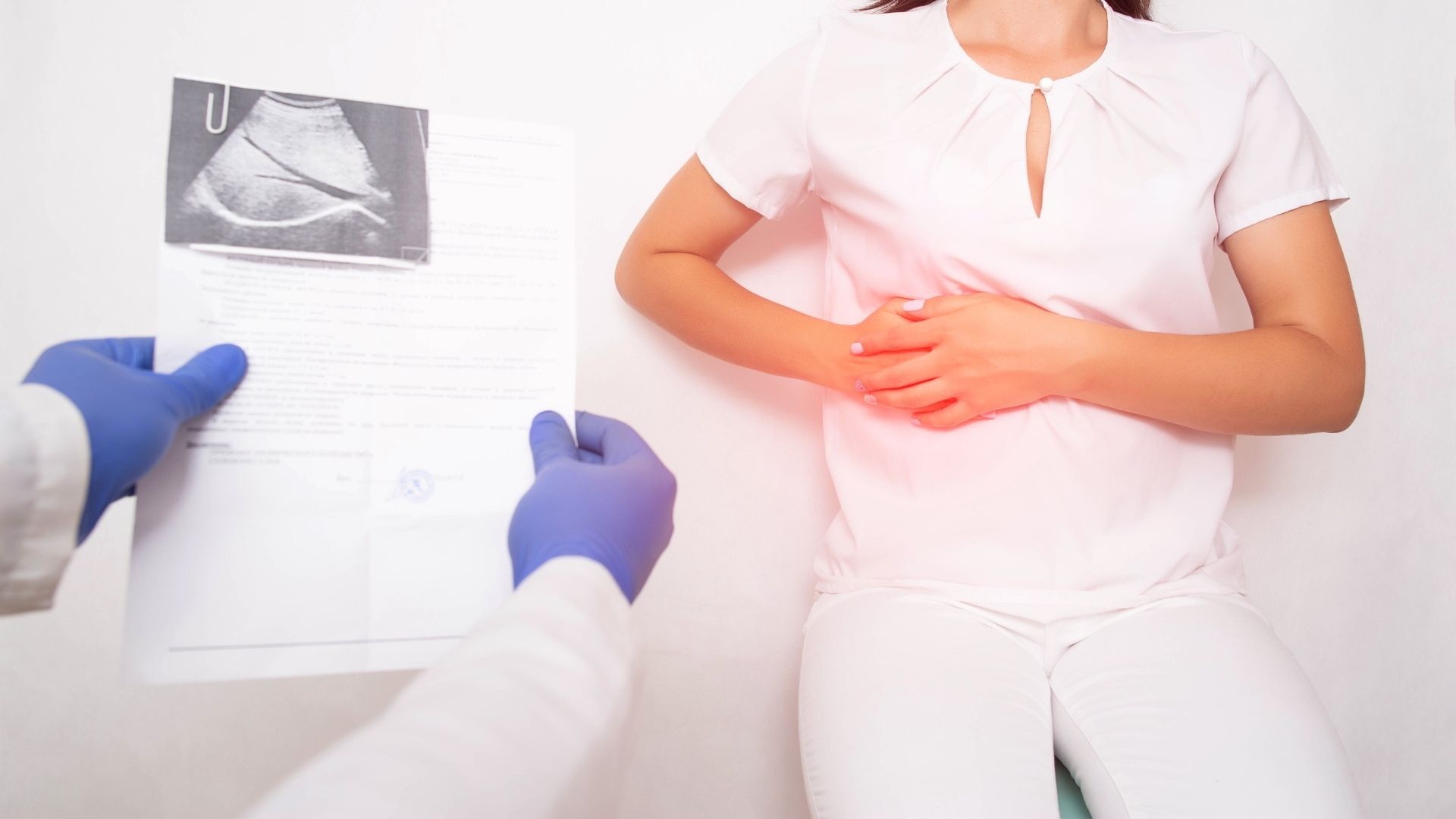
One organ that often goes unnoticed until it causes problems is the gallbladder. Nestled beneath the liver, the gallbladder takes on a crucial role in your digestive system as it stores any bile crafted by the liver. However, when this small organ can’t keep up, it can pave the way for various health issues. Let’s explore the first signs of a bad gallbladder and shed light on symptoms that often go unnoticed. Recognizing these signs early can be a game-changer in preventing complications and seeking timely medical intervention.
Understanding the Gallbladder's Role
The gallbladder primarily stores bile, one of many fluids produced by the liver that aids in the digestion of fats. When you enjoy a meal (particularly one rich in fats) your gallbladder springs into action by releasing bile into the small intestine. This digestive superhero breaks down fats so your meal is smoothly and efficiently digested. This seemingly small organ plays a crucial role in maintaining digestive health.
What are Some Early Warning Signs?
One challenge with gallbladder problems is their silent nature. Unlike some health issues that manifest with overt symptoms, a malfunctioning gallbladder may quietly disrupt digestive processes without causing noticeable discomfort. This silent progression makes it imperative for individuals to be proactive in recognizing subtle signs that something may be amiss. Paying attention to these silent signals can be instrumental in seeking timely medical attention:
1. Abdominal Pain and Discomfort:
One of the earliest signs of a gallbladder issue is abdominal pain, typically experienced in the upper right side or the center of the abdomen. The pain can range from intermittent to persistent and from mild to severe. Many patients have described sharp, cramp-like pains that sometimes radiate to their backs or right shoulder blades.
2. Digestive Distress After Meals:
If you notice digestive discomfort such as bloating, gas, or nausea (particularly after eating a fatty or greasy meal) this could signal a dysfunctional gallbladder. The gallbladder struggles to release bile effectively, leading to impaired digestion and subsequent discomfort.
3. Changes in Bowel Habits:
Gallbladder issues can also lead to diarrhea or light-colored stools. These changes occur due to the imbalance in bile production and release, offsetting a normal digestive process.
4. Frequent Indigestion:
Chronic indigestion, characterized by a persistent feeling of fullness or discomfort after eating, can be a sign of gallbladder problems. When the gallbladder falters and fails to effectively release bile, the body faces a unique challenge. Without this bile, your small intestine can't easily break down fats, resulting in uncomfortable indigestion
What are Some Common Risk Factors?
Certain factors increase somebody’s risk of developing gallbladder problems. Looking out for these risk factors can help you know if you may be experiencing gallbladder issues and take preventive measures:
1. Obesity:
Excess body weight is a significant risk factor for gallbladder problems. Obesity can lead to the formation of gallstones, which are solid particles that can block the normal flow of bile, causing inflammation and pain.
2. Rapid Weight Loss:
While obesity is a risk factor, rapid weight loss or extreme dieting can also trigger gallbladder issues. Sudden weight changes can cause gallstones to form and put additional strain on the gallbladder.
3. Age and Gender:
Women, especially those over the age of 40, are more prone to gallbladder problems. Hormonal changes, such as those occurring during pregnancy or while taking oral contraceptives, can increase the risk of gallstone formation.
4. Genetics:
A family history of gallbladder issues can elevate an individual's risk. If close relatives have experienced gallbladder problems, you and your doctor should stay up to date on any potential symptoms.
Know When to Book a Screening
If you thought of yourself when you read the signs and risk factors above, don’t be afraid to book a medical evaluation. A healthcare professional can conduct a thorough examination with imaging tests (like an ultrasound) so you can leave with an accurate diagnosis. Early detection allows for proactive management and can prevent complications such as gallbladder infections or pancreatitis.
How can I Treat and Overcome a Bad Gallbladder?
For milder cases, simple lifestyle adjustments can help you effectively manage a lot of symptoms. However, each diagnosis varies from person to person, and what works right for John likely won’t be the best plan for Jane. If somebody is diagnosed with gallbladder issues, their doctor may recommend various treatment options:
1. Dietary Changes:
Adopting a low-fat diet can alleviate stress on the gallbladder. Limiting the intake of fried foods, processed snacks, and high-fat dairy products can help you reduce many symptoms.
2. Weight Management:
For anybody with obesity-related gallbladder issues, weight management is a crucial part of their treatment. Gradual and sustainable weight loss can reduce the risk of gallstone formation, which should keep the liver from experiencing a lot of stress.
3. Medications:
In some cases, medications may be prescribed to dissolve gallstones or alleviate symptoms. However, this approach is typically reserved for specific situations, and the effectiveness varies on the medication, issues, and many other factors.
4. Surgical Intervention:
In more severe cases or when other interventions prove ineffective, surgical removal of the gallbladder (cholecystectomy) may be recommended. And since the gallbladder is considered a non-essential organ, its removal shouldn't substantially affect the digestive system.
Handle the First Signs of a Bad Gallbladder
The first step to identifying the first signs of a bad gallbladder is booking a preventative screening with your doctor. If it's been a while since your last checkup, we're here to lend a hand. By recognizing early warning signs, addressing risk factors, and adopting a proactive approach to healthcare, our team can take charge and help you work towards a healthier tomorrow. Remember, your health is an investment, and being proactive today can lead to a healthier tomorrow.
